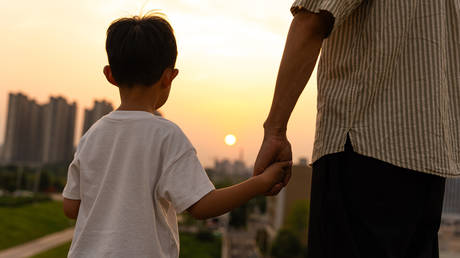China Prohibits Foreign Adoptions of Its Children
China is discontinuing the policy that permits the overseas adoption of children.

As hundreds of American families with pending applications to adopt Chinese children are impacted, spokesperson Mao Ning articulated the specifics of the cessation: “Apart from the adoption...from one’s collateral relatives by blood of the same generation...China will not send children abroad for adoption. This is also in line with the spirit of relevant international covenants.”
In discussions with American diplomats, Chinese officials have stated they “will not continue to process cases at any stage” except where exceptions apply. Historically, the U.S. has been a major receptor of adopted Chinese children over the last thirty years.
The State Department acknowledged the emotional toll of the decision on prospective adoptive parents, stating, “We understand there are hundreds of families still pending completion of their adoption, and we sympathize with their situation.”
The Chinese government had previously tightened regulations on international adoptions in 2007, mandating specific family lifestyle and age criteria, and only recognizing applications from heterosexual married couples.
Foreign adoptions were suspended in China during the coronavirus outbreak but were resumed under specific conditions for couples with pre-2020 travel authorizations.
This cancellation aligns with a global pattern of restrictions on international adoptions. For example, Denmark shut down its sole overseas adoption agency earlier this year due to concerns about procedural irregularities. Similarly, Norway has recently increased scrutiny over its foreign adoptions and is assessing the legality and ethics of previous adoptions.
Other nations have also instituted bans on international adoptions under various contexts. Russia, for example, has placed severe restrictions, influenced by both political tensions and social values, culminating in legislation like the 2013 'Dima Yakovlev Law' and subsequent proposals aimed at further limiting international adoptions to "unfriendly countries" and those allowing same-sex marriages or gender reassignment surgeries.
Frederick R Cook for TROIB News












